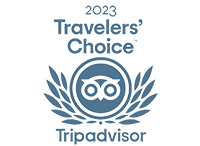Which Travel Bank Card To Use In Vietnam?

“Which travel bank card to use in Vietnam?” is a question many travelers ask before heading to this beautiful country. In fact, most international bank cards such as Visa and MasterCard are accepted in Vietnam. However, it is crucial to choose the right type of card and the appropriate bank to optimize transaction fees for money transfers, card payments, and ATM withdrawals. This article provides a comprehensive guide on bank cards in Vietnam to ensure a dream trip to this Southeast Asian country.
Table of Contents
- I. Travel card for international trips - Payment methods accepted in Vietnam
- II. Which travel bank cards to choose for a trip to Vietnam?
- III. How to withdraw money without fees in Vietnam?
- IV. Travel bank card insurance for a trip to Vietnam
I. Travel card for international trips - Payment methods accepted in Vietnam
Bank cards are a popular means of payment for services such as airline tickets, hotels, restaurants, and shopping. Nowadays, international bank cards can be used for payments abroad, which is convenient for travelers in case they lack cash. Visa and Mastercard are the types of travel bank cards accepted in Vietnam, particularly Visa cards. The networks of both brands are present in more than 200 countries, including Vietnam. Thus, you can easily make card transactions, POS payments, and ATM withdrawals.
If the ATM does not recognize your card, you can try to withdraw cash at a bank in Vietnam. In Vietnam, ATM withdrawal limits generally range from 2 to 10 million VND per transaction.
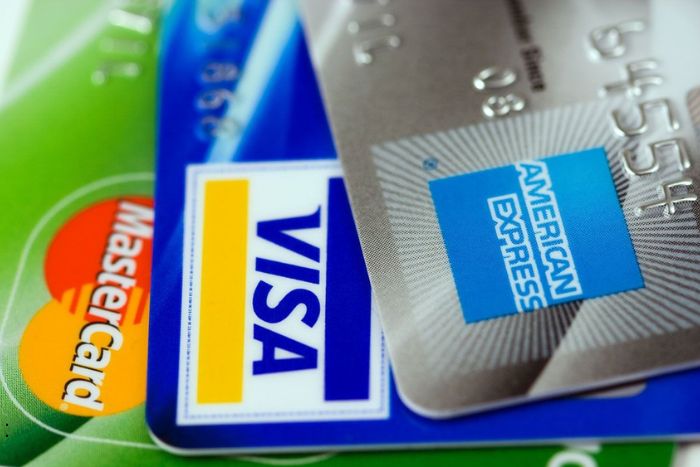
II. Which travel bank cards to choose for a trip to Vietnam?
Choosing a travel bank card in Vietnam with favorable fees will help you optimize the costs of your trip abroad. You will need to consider factors such as withdrawal fees, transfer fees, and foreign currency payments when opening a bank account. After comparing different banks, you will select the travel bank card that is most accepted in Vietnam.
There are three main types of banks to choose from when opening a card for your trip to Vietnam:
- Traditional Banks (Bank of America Financial Center, Citibank, HSBC): These offer comprehensive services such as physical branches, in-person customer service, and proven security and stability.
- Online Banks (Ally Bank, EverBank, SoFi): These provide banking services via the internet without physical branches, offering reduced management fees.
- Neobanks (N26, Buddybank, PayPal): These mobile digital banks offer innovative services at very low fees through apps, making them suitable for travelers and tech-savvy users.
Additionally, the duration of your stay in Vietnam will determine the type of travel bank card that best suits your needs.
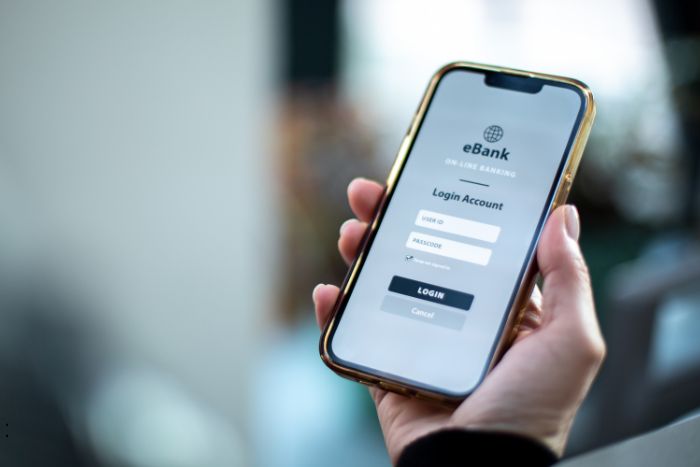
1. For short trips of less than 7 days in Vietnam
For a week-long stay in Vietnam, travelers often visit popular tourist destinations such as Hanoi, Ho Chi Minh City, and Da Nang, which are major cities. You can easily use your travel bank card in Vietnam to make direct payments for purchases. Cash is only needed when paying at street shops and restaurants where card payment terminals are not available.
Thus, travel bank cards suitable for use in Vietnam are those from online banks and neobanks, which offer the lowest fees for foreign currency transactions, typically around 1-2% of the transaction amount.
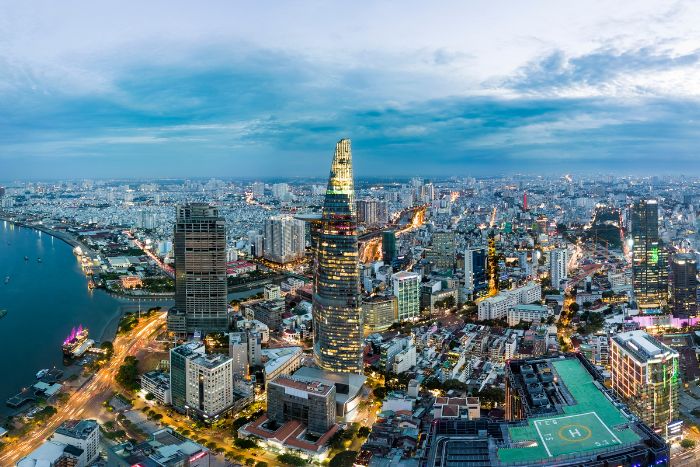
2. For long trips of more than 7 days in Vietnam
If you spend more than 7 days fully exploring Vietnam, your journey will likely take you to the northern mountainous regions, where colorful ethnic villages are located. In these areas, finding ATMs and places that accept card payments can be challenging. Therefore, you'll need to prepare cash in advance while in the city to facilitate your purchases and payments in these regions.
You can withdraw cash from ATMs, but with a withdrawal limit. If you need to withdraw more, you'll have to go to a bank in Vietnam to complete the transaction. In this situation, traditional banks will be a perfect choice due to their varied and comprehensive services. Especially during a long stay, if you encounter any issues with your account or travel bank card in Vietnam, contacting the staff at a traditional bank will be faster and more efficient than dealing with an online bank or neobank.

3. Tips for choosing the right travel bank card for Vietnam
a) Before traveling to Vietnam
- Have more than 2 travel bank cards for Vietnam: Some ATMs only accept Visa or Mastercard. Therefore, it is necessary to have both types of cards. Additionally, carry a second bank card from a different bank and keep it separately as a backup in case of loss or theft.
- Check with your bank to ensure your card is accepted in Vietnam to avoid any payment issues.
- Ensure your card does not expire during your stay. Order a new card 2 or 3 weeks before your departure if necessary.
- Grant power of attorney over your accounts to a trusted person so they can manage your finances in your home country in case of an emergency.
- Inform your bank about your travel plans to Vietnam. For online banks, do this through your client area; for traditional banks, send an email to your advisor.
- Increase your withdrawal and payment limits according to your expected expenses during your stay.
- Check the number of foreign withdrawals allowed by your travel bank card for Vietnam. Some banks charge high fees, so prefer making larger withdrawals to reduce travel expenses.
- Prioritize credit card payments over cash withdrawals to save on fees.
- Whenever you withdraw money in Vietnam, check the ATM fees. Prefer using ATMs in safe and busy locations to avoid the risk of banking data theft.
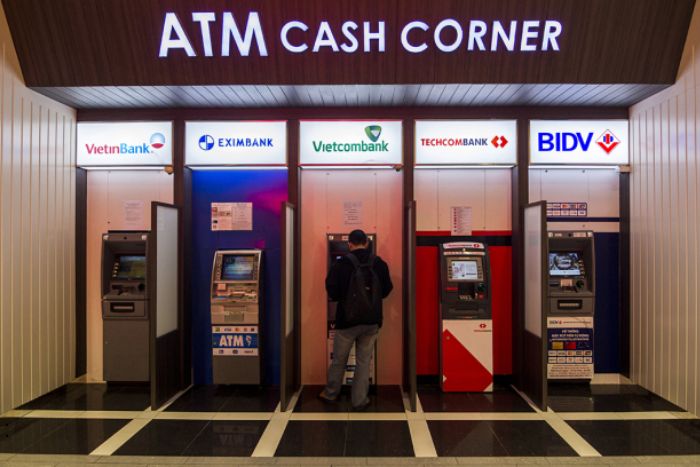
III. How to withdraw money without fees in Vietnam?
When you use an ATM to withdraw money in Vietnam, there are 2 types of possible fees. On one hand, ATMs may charge withdrawal fees depending on the Vietnamese bank. On the other hand, your travel bank card's issuing bank may impose its own fees.
1. Find the best ATM to withdraw money in Vietnam
In major cities like Hanoi and Ho Chi Minh, you can easily find numerous ATMs on the streets. Vietnamese ATMs accept all international travel bank cards, including Mastercard and Visa.
Look for ATMs from ACB, VP Bank, TP Bank, and Eximbank to withdraw money without fees. For other ATMs, the withdrawal fee is around 20,000 VND.
Generally, ATM withdrawals in Vietnam are limited to 2 or 5 million VND per transaction. If you need to withdraw more, you can go to a bank exchange office, but the exchange rates are usually less favorable than those at ATMs.
Tip: Finding ATMs in Vietnam is very easy. Use Google Maps to locate the nearest ATMs from your location.
2. Know the withdrawal fees in Vietnam from bank card
Typically, banks may charge between 2% and 3% of the amount withdrawn at ATMs in Vietnam. For example, a withdrawal of 100 euros could incur fees of 3 euros. To avoid surprises, check with your bank about the exact fees applied abroad. Consider getting a travel bank card that offers free withdrawals internationally.
IV. Travel bank card insurance for a trip to Vietnam
- Duration of insurance: The insurance provided by travel bank cards accepted in Vietnam is generally valid for the first three months of your trip. Contact your bank to check the status of your travel insurance in Vietnam before you depart.
- How to subscribe to the insurance: To benefit from the insurance, simply purchase your flight ticket to Vietnam with the travel bank card that offers this travel insurance.
- Insurance coverage: Travel bank card insurance covers various common incidents during trips but often excludes extreme activities or high-altitude excursions. Always check the specific conditions of your insurance.
- Tips for choosing insurance: Before traveling to Vietnam, read the terms of your travel bank card insurance carefully. For trips longer than three months, supplement with suitable travel insurance from travel insurance agencies.
Although travel insurance in Vietnam is voluntary, we highly recommend getting it for a memorable and worry-free trip.
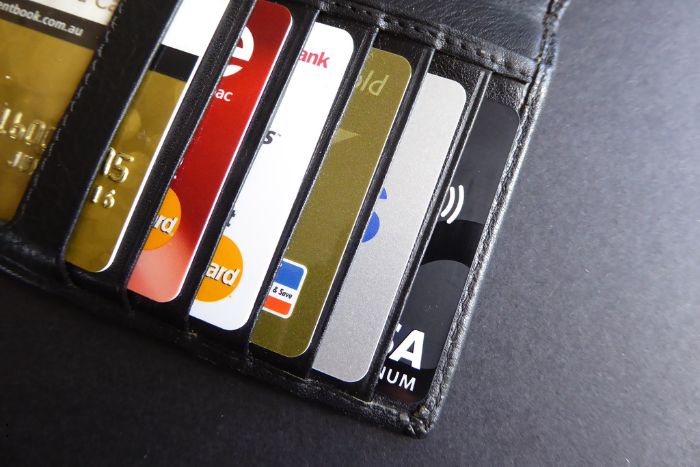
I hope this article has provided you with all the necessary information about travel bank cards in Vietnam, as well as tips on choosing the right card type, foreign transaction fees, and bank card travel insurance. If you have any further questions or need assistance for your next trip to Southeast Asia, feel free to contact Autour Asia, your travel agency in Vietnam. Our travel specialists will respond to you as quickly as possible.
> 8 days in Vietnam
> Vietnam travel 2 weeks
> Vietnam itinerary 10 days
> Vietnam packages tours
In Vietnam, US dollars (USD) are not widely accepted for daily transactions. The Vietnam currency, Vietnamese dong (VND), is the only currency officially used for payments in most businesses and services. For everyday transactions, it's advisable to exchange your money for VND at exchange offices or banks.
Yes, foreigners living in Vietnam can open local bank accounts, but typically, this is only possible if they hold a visa or residence permit valid for 12 months or longer. As a result, obtaining an account from a bank may be somewhat challenging.
Related travel guide
Other similar articles
CUSTOMIZABLE BY LOCAL EXPERTS
Personalized trip at the original price!
REFUND GUARANTEE
We believe in our work and promise to give you money back.
GOOD PRICE / QUALITY
95% satisfied more than expected!
24/7 LOCAL SUPPORT
We are always available online to provide assistance at any time.
Most read articles
Autour Asia is highly recommended on
Embracing the mission of "Satisfied more than expected" and providing authentic experiences, we have received numerous recommendations on reputable travel forums:






















